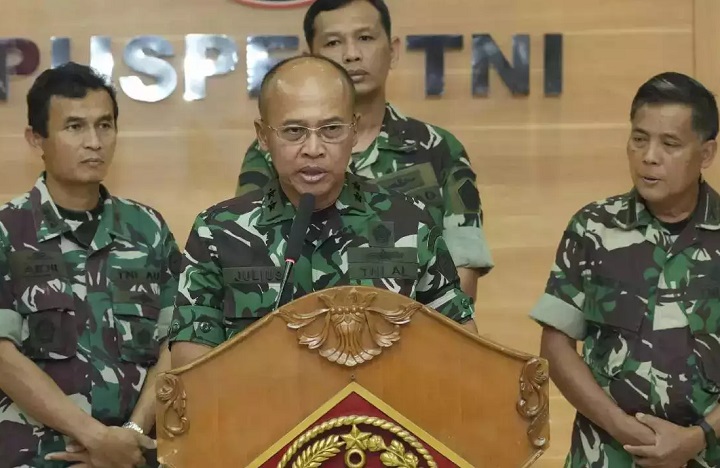Gunmen from the West Papua Liberation Army attacked Indonesian troops who were sent to rescue a New Zealand pilot held hostage by rebels in Papua province. At least six soldiers died and around 30 are missing. The rebels killed the soldiers in revenge for the deaths of two rebels in a previous attack. The rebels are urging Indonesia to stop military operations in Papua and to negotiate for the release of the hostage. Papua has seen many violent incidents in recent years, with conflicts between indigenous Papuans and Indonesian security forces being common. (Source: apnews.com)
Comment:
The issue of Papua has been a problem for decades in Indonesia. Despite its rich gold reserves, the region remains one of the poorest and has the lowest education level in Indonesia. This problem has become a reason for the separatist movement in the area to break away from Indonesia. The separatist group has garnered support both domestically and internationally to gain independence from Indonesia. Many have fallen victim during the armed conflict between the Indonesian military and the separatist militia, both among civilians and combatants.
In the Islamic perspective, even a small piece of land owned by Muslims cannot be separated or divided. Muslims must defend the land at all costs. However, in the context of Papua separatism, the secular-liberal state of Indonesia cannot be expected to resolve the issue. Secular politics cannot produce quality leaders who can resolve issues effectively. Secular politics can only produce corrupt leaders who always serve the interests of capitalists.
The Papua issue can only be resolved with an Islamic system that is able to stop nationalist propaganda, close the space for corrupt leaders to rule, and prevent capitalists from controlling the government. If Islam is implemented, then the hope for justice, prosperity, and security in Papua can be achieved and separatist movements can be minimized optimally.
Abdullah Aswar

